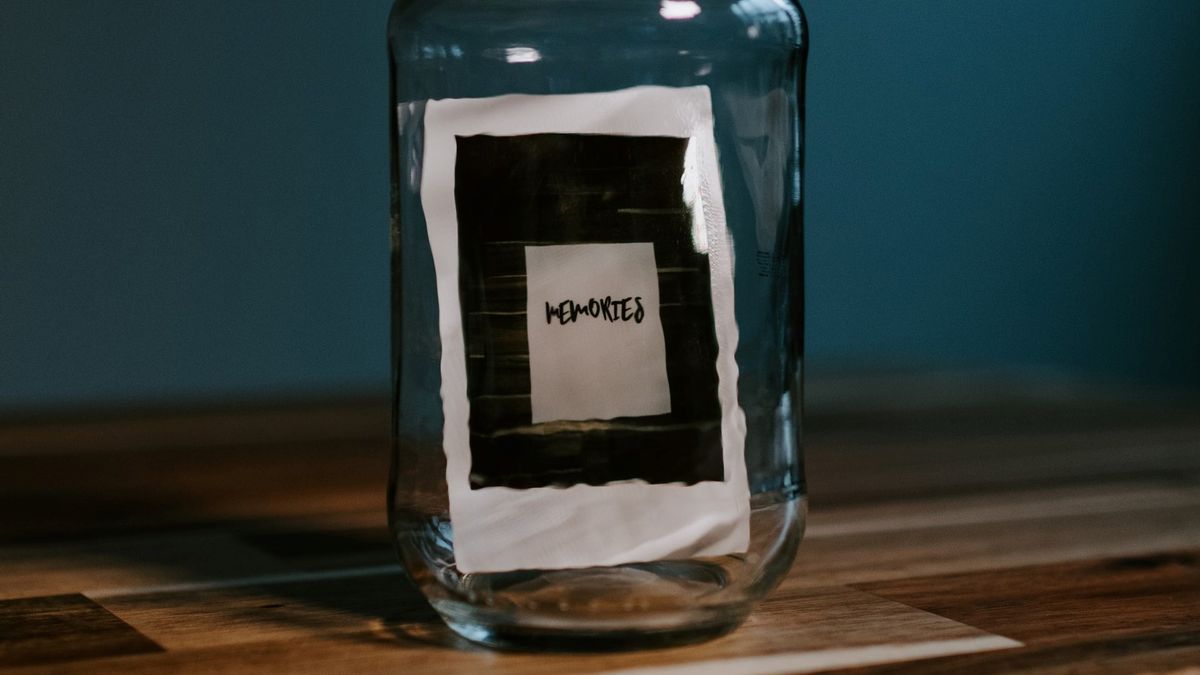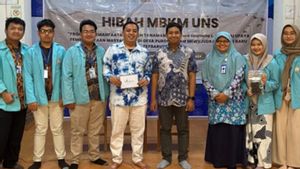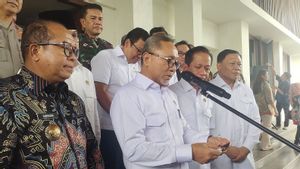JAKARTA – Wanting to enjoy the weekend by not thinking much about work is not an easy matter. Moreover, work that is controlled by targets and ambitions to achieve work performance. A professor of cognitive neuroscience at the University of Cambridge, Dr. Michael Anderson explained.
Not everything we remember relates to future accomplishments. There are even certain times when we need to relax and not think about anything hard. Or want to forget the past that is not so beautiful, so do not want to be remembered.
Reported by Lifehacker, Friday, June 4, cognitive scientists say that memories are formed by retrieval clues which are sensory cues that connect us to previous moments, events or experiences throughout life.
It could be remembering the smell of coconut or suddenly the figure of an ex when you listen to a certain song. Anderson recommends a technique called motivated forgetting.
Instead of avoiding retrieval clues, one can get used to them and reshape the way the brain responds to them. Simply put, if your memory returns to a bad moment when you saw an object, smell, or sound, you can bring back a more positive memory.
In the condition of post-traumatic stress disorder it will not be as easy as imagined. Especially in practicing motivated forgetting, said Anderson. Not infrequently it even affects unhealthy lifestyles, for example, it is easier to stress and lack of sleep.
But the way that Anderson recommends can be started by setting what can be done. Like starting from paying attention to yourself by changing bad habits into a healthier lifestyle.
The ability to forget what you don't want to remember, according to Anderson, is the ability to limit the level of intrusion. If you succeed in limiting or substituting thoughts with more positive memories, you will erase unwanted memories.
Another method is direct suppression or direct suppression based on Anderson's suggestion.
But this method can not be done by everyone. As in the case of people with PTSD, where a person will be happy to forget something but instead disturbed thoughts and traumatic events he experienced.
“You just have to give in to the mentality and say 'no, I don't want to think about that,'” Anderson says.
The English, Chinese, Japanese, Arabic, and French versions are automatically generated by the AI. So there may still be inaccuracies in translating, please always see Indonesian as our main language. (system supported by DigitalSiber.id)













